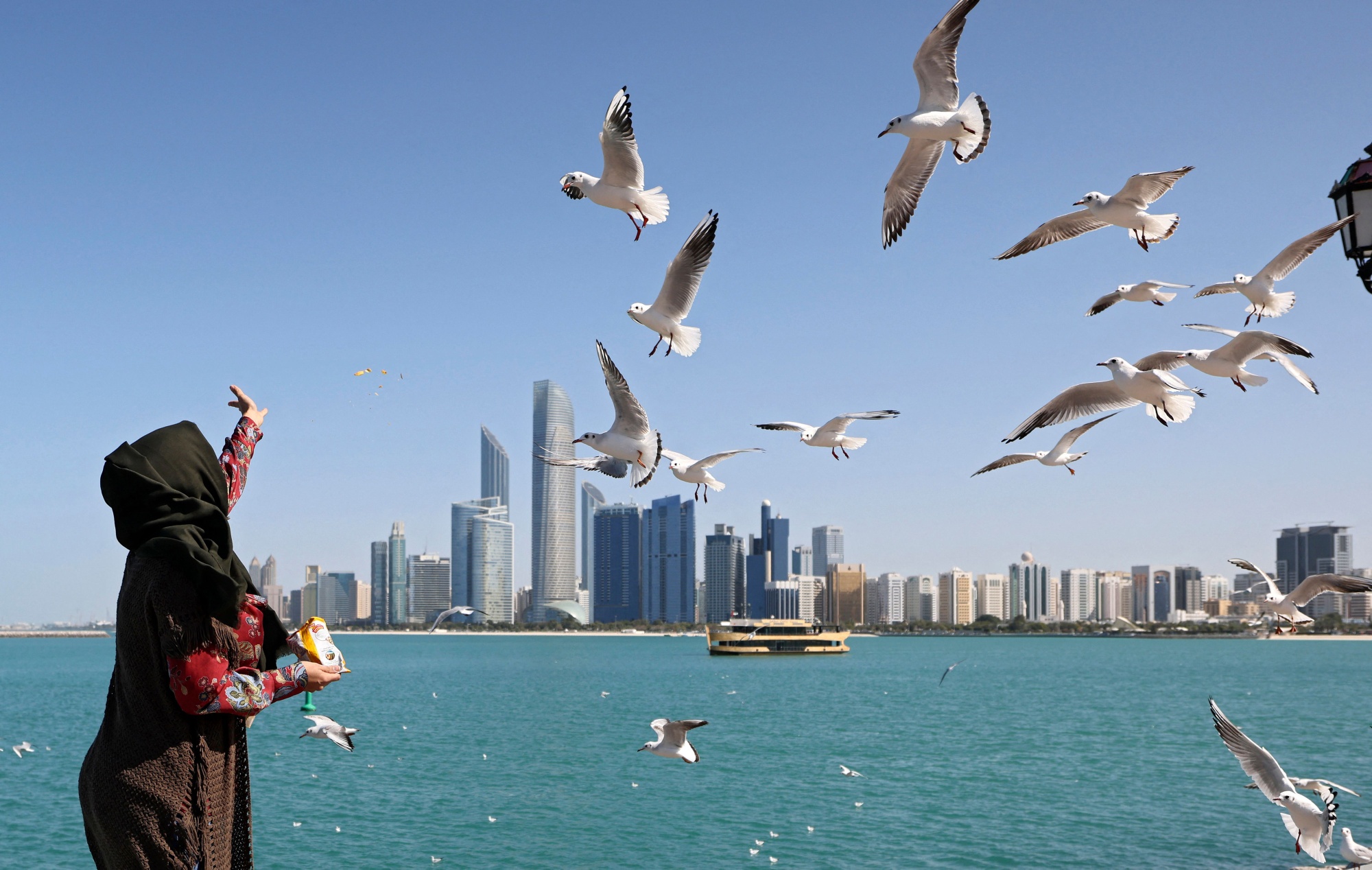Abu Dhabi, UAE– The UAE economy is poised for stronger growth, recovery, and prosperity in the second half of this year, according to the estimates of the International Monetary Fund and the World Bank.
The domestic economy’s resilience, which has passed through the stage of recovery from the consequences of the Covid-19 pandemic, is reflected in the positive forecasts of international institutions and banks, including the IMF and World Bank.
Such international recognition speak for the UAE economy’s durability in the face of global geopolitical turmoil and adverse economic conditions, therefore verifying the success of the UAE leadership’s forward-looking vision.
“The UAE is poised for positive economic growth as it is projected to achieve a 3.6 percent increase in its gross domestic product this year, driven by robust domestic activity,” said the International Monetary Fund, recently.
Following an impressive growth rate of 7.9 percent in 2022, the UAE’s economy is expected to maintain its upward trajectory in 2023, benefiting from sustained tourism activity and higher capital expenditure, the IMF said in its 2022 Article IV assessment.
For its part, the World Bank has projected that the real GDP of the UAE will grow by 2.8 percent in 2023, as the non-oil sector is expected to achieve strong growth of 4.8 percent, driven by robust domestic demand, particularly in tourism, real estate, construction, transportation, and manufacturing sectors.
In a press conference held in Dubai recently to announce the new World Bank Gulf Economic Update (GEU) titled, “The Health and Economic Burden of Non-Communicable Diseases in the GCC”, the bank officials said that the current account balance in the UAE is expected to rise to 11.7 percent in 2023, as well. The report expected the UAE to achieve a surplus in public finances of 6.2 percent in 2023.
These international testimonies are consistent with the forecasts of the Central Bank of the UAE in its quarterly economic review, wherein the apex bank said that the UAE economy continued to grow at a solid pace in Q1 2023, “reflecting a strong performance of the non-oil sector, partially offset by a moderation in the oil segment of the economy. For 2023, growth has been revised down by 0.6 percentage points to 3.3%, reflecting oil production cuts agreed among OPEC+ members. The non-oil sector is expected to continue to support aggregate output, albeit at a more modest pace compared to 2022.”
The UAE economy is expected to grow further this year for a variety of reasons, including a rise in the purchasing managers’ index to its highest level in five months, namely May this year.
The seasonally adjusted S&P Global UAE Purchasing Managers’ Index– a composite indicator designed to give an accurate overview of operating conditions in the non-oil private sector economy – posted 55.5 in May, indicating a robust improvement in the sector’s performance.
Despite dropping from 56.6 in April to a three-month low, the index remained above the 50.0 no-change mark and its long-run average.
According to the S&P Global, the strong rise in new business underlined growing confidence across surveyed firms about economic prospects. Expectations towards activity over the next year improved for the fifth consecutive month in May to the highest level since late-2021.
The UAE’s progress in implementing comprehensive economic partnership agreements will help to improve trade and integration into global value chains, as well as attract more foreign direct investment, boosting national economic growth.
Such partnerships are significant drivers for economic growth that create trade and investment opportunities and contributes to the vitality of regional and global trade and investment flows.








